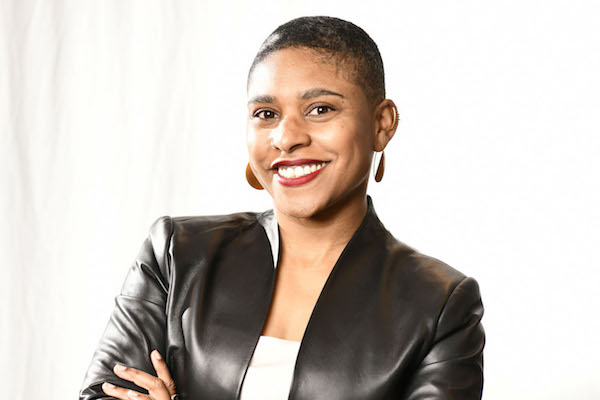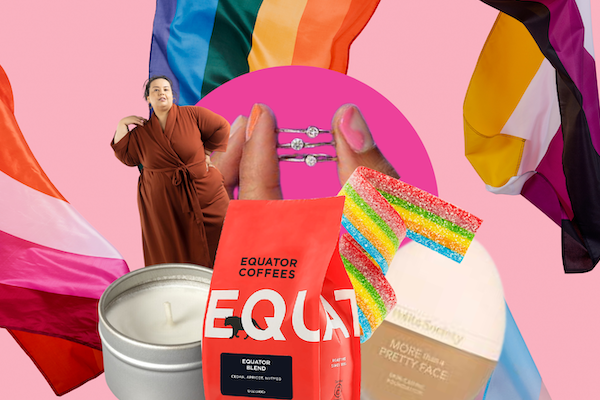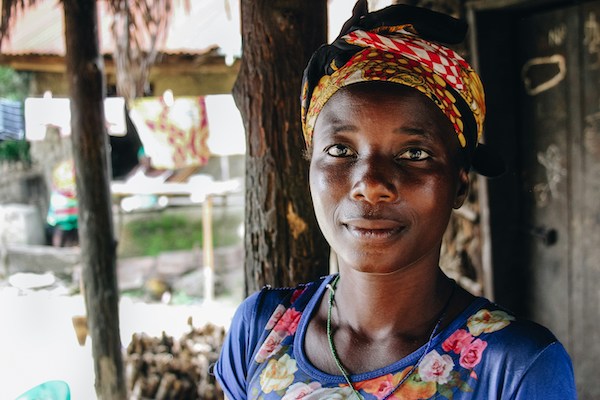
LGBTQ-Owned Business COOLER Helps Company Employees Virtually Connect Through Unique Gifts
March 12, 2021
Feature: 2021 Enterprising Women
March 16, 2021Kierra Johnson credits Washington, D.C. as the place “where she grew into her queerness.” More than twenty years later, Johnson is giving back to the LGBTQ community as the Executive Director of the National LGBTQ Task Force, a position she started in February 2021. As a bisexual Black woman, Johnson is one of a few out queer women of color heading a national LGBTQ organization, and the Task Force’s first-ever Black executive director.
A longtime leader in the reproductive rights movement, Johnson sees a lot of overlap between reproductive justice and LGBTQ rights. Both deal with the “personal power of controlling your own bodies,” Johnson explains, whether it’s access to abortion or the right for transgender women, especially Black transgender women, to survive.
“The fight for bodies may look different depending on our movement, our context, and our homeland,” says Johnson. “But that quest connects us in really deep ways, and I think it is ultimately at the center of what we do. When we talk about liberation, we’re not talking about it philosophically. We’re talking about it practically. What does it mean to be a liberated community, and to be a liberated person?”
Johnson has been involved with the National LGBTQ Task Force since 2010, when she joined the organization’s National Board of Directors, though she admits that she was a “super fan of the Task Force, even in her baby queer days.” In January 2018, she became the Task Force’s Deputy Executive Director, where she worked tirelessly on intersectional issues like Queer the Census and restoring voting rights to returning citizens in Florida as part of the Second Chances campaign.
With the Second Chances campaign, Johnson received some pushback from people in the LGBTQ movement who didn’t see the restoration of voting rights as relevant to the LGBTQ community. But as Johnson points out, “forty percent of women in prison identify as lesbian, bisexual, or queer. . .so this isn’t a solidarity issue. This is our people.”
One of Johnson’s major goals for the Task Force is to shift how the social justice movement thinks about what counts as a queer issue, something she was proud to do with the Queer the Census and Second Chances campaigns. “I want us to see us and think of us even when they are not talking about an LGBTQ-specific issue,” says Johnson. For Johnson, this includes issues such as immigration, equal opportunity in employment, and youth homelessness.
In the near future, Johnson also hopes that the Equality Act will be signed into law. According to Johnson, many people mistakenly believe that LGBTQ people already have federal protections. But to Johnson, the Equality Act is more than just gaining protections from discrimination. She believes, “The ultimate barrier to civil and human rights is when people in control don’t see you as fully human.” And for her, passing the Equality Act would be a necessary step in “the acknowledgement of our whole humanity.”





